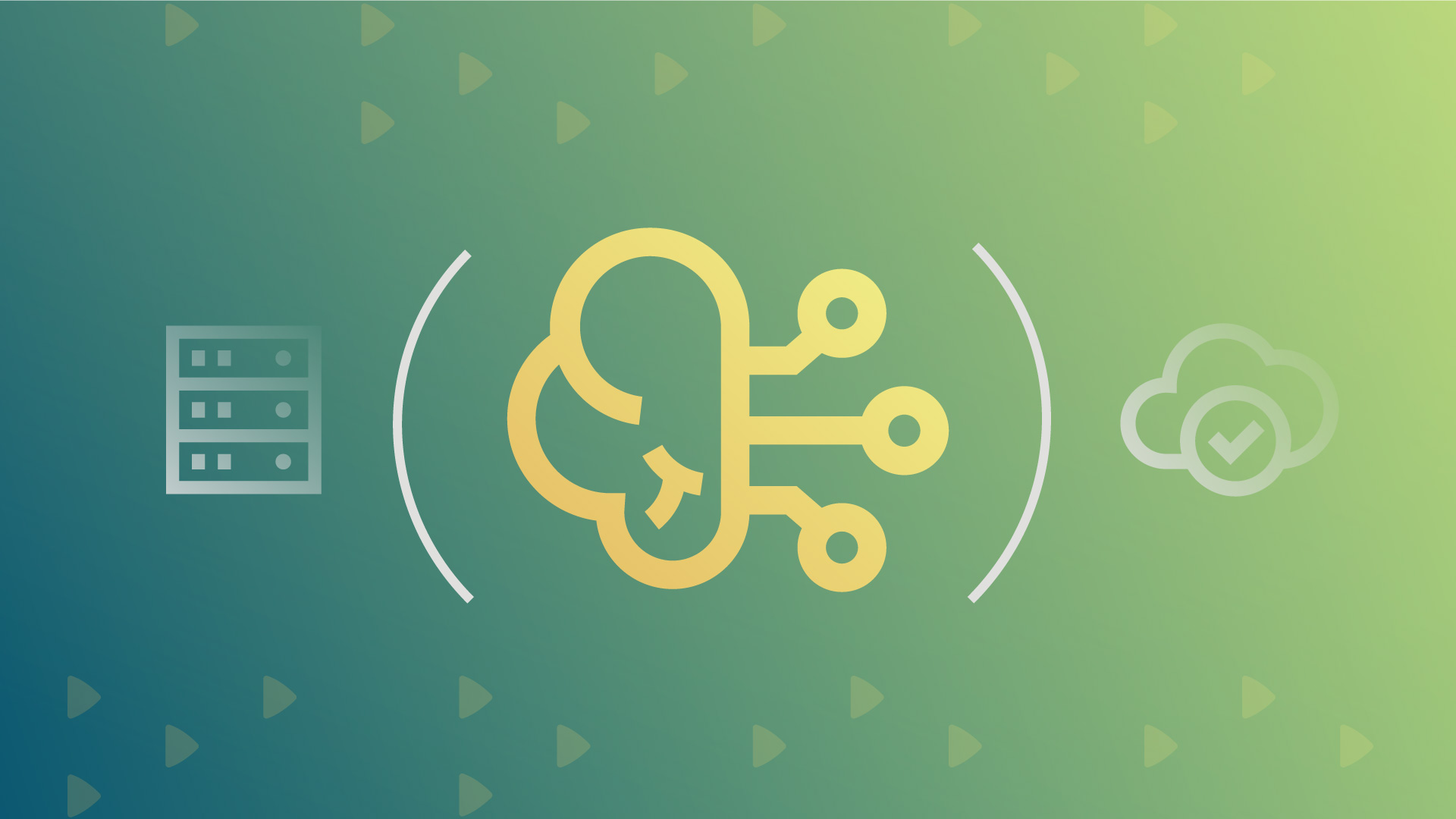Artificial Intelligence (AI) is transforming the way businesses operate, offering powerful tools to enhance efficiency, improve decision-making, and maintain a competitive edge. For organizations considering implementing AI, navigating through the available solutions can be daunting. From machine learning and natural language processing to predictive analytics, it can be difficult to understand which works best for your needs.
Finding the right solution for you can be the difference between a successful implementation that drives long-term value, and an AI project that falls flat. Understanding how different solutions work in use cases, is critical to developing a successful AI implementation.
Finding the Right AI For You
AI solutions come in many forms, each addressing different business pain points and needs. Chatbots in customer service fulfill a very different role than financial machine learning models. Understanding which solution to use starts with knowing what problem your team is trying to solve. The key is to fit AI solutions to business problems and pain points, rather than attempting to leverage a new tool or platform for its own sake.
- Machine Learning (ML): Algorithms that allow systems to learn from data and improve over time without being explicitly programmed.
- Natural Language Processing (NLP): Tools that enable computers to understand, interpret, and respond to human language.
- Predictive Analytics: Techniques that use historical data to predict future outcomes.
- Robotic Process Automation (RPA): Software bots that automate repetitive tasks.
- Computer Vision: AI that enables machines to interpret and make decisions based on visual data.
- Chatbots and Virtual Assistants: Tools that allow your customers to interact with your business without human intervention.
Comparing AI Solutions
When evaluating AI solutions, it's crucial to consider both the immediate ROI and the long-term benefits. These principles are great to keep in mind as you move through your decision-making process.
1. Identify Business Objectives
Start by clearly defining what you hope to achieve with AI. Are you looking to improve customer service, optimize operations, or gain deeper insights from your data? Understanding your goals will help narrow down the best solutions for your needs.
2. Assess Current Capabilities
Evaluate your existing infrastructure and technical capabilities. Consider whether your team has the necessary skills to implement and manage AI solutions, or if you'll need external support.
3. Explore Different AI Solutions
Research various AI tools and platforms that align with your business objectives. Compare their features, ease of integration, scalability, and support options. Look for case studies and testimonials from other companies in your industry.
4. Evaluate ROI
Calculate the expected ROI for each AI solution. Consider both the initial investment and potential long-term savings. For example, automating customer service with chatbots might have a high upfront cost but can reduce labor expenses over time.
5. Consider Scalability and Flexibility
Choose AI solutions that can grow with your business. Ensure the platform you select is flexible enough to adapt to future needs and integrate with other technologies you may adopt.
6. Analyze Long-Term Benefits
Choose AI solutions that can grow with your business. Ensure the platform you select is flexible enough to adapt to future needs and integrate with other technologies you may adopt.
AI Solutions for Key Business Functions
Let's explore some specific AI solutions and their applications in various business functions.
- Customer Service Chatbots
Chatbots are essential tools used to reduce response times, and to handle repetitive messages and inquiries from prospects and customers. Chatbots are also beneficial for extending your hours of operations, as they can be run remotely at all times of day, without human intervention or fatigue.
- Human Resources and AI Recruiting Tools
AI is instrumental in HR in allowing teams to quickly screen potential candidates, as well as streamlining efforts in onboarding and reducing the total time-to-hire.
- Supply Chain Management
Offering real-time inventory management and more accurate demand forecasting, AI is a valuable tool for improving and leveraging supply chain management. AI can also be helpful when combined with other automations such as chatbots to help reduce pain points such as product shortages.
- Marketing Segmentation and Personalization
AI brings immediate benefits to marketing with robust personalization and segmentation. Personalization engines can help you determine what tactics work best with each of your customer personas, while AI’s generative content can scale up your operations without increasing resources or headcount.
Driving Long-Term Value with AI
Selecting the right AI solution for your business starts with a thorough understanding of your objectives, current capabilities, and the specific needs of your organization. By carefully evaluating different AI tools and platforms, considering both immediate ROI and long-term benefits, your team can make informed decisions that drive efficiency and enhance decision-making.
AI has vast potential for businesses, and with the right approach, can contribute to your success and growth in the near- and long-term.
Ready to transform your competitive strategy with AI? Contact Redapt to begin your journey toward market leadership.
Categories
- Cloud Migration and Adoption
- Enterprise IT and Infrastructure
- Artificial Intelligence and Machine Learning
- Data Management and Analytics
- DevOps and Automation
- Cybersecurity and Compliance
- Application Modernization and Optimization
- Featured
- Managed Services & Cloud Cost Optimization
- News
- Workplace Modernization
- Tech We Like
- AWS
- Social Good News
- Cost Optimization
- Hybrid Cloud Strategy
- NVIDIA
- Application Development
- GPU







